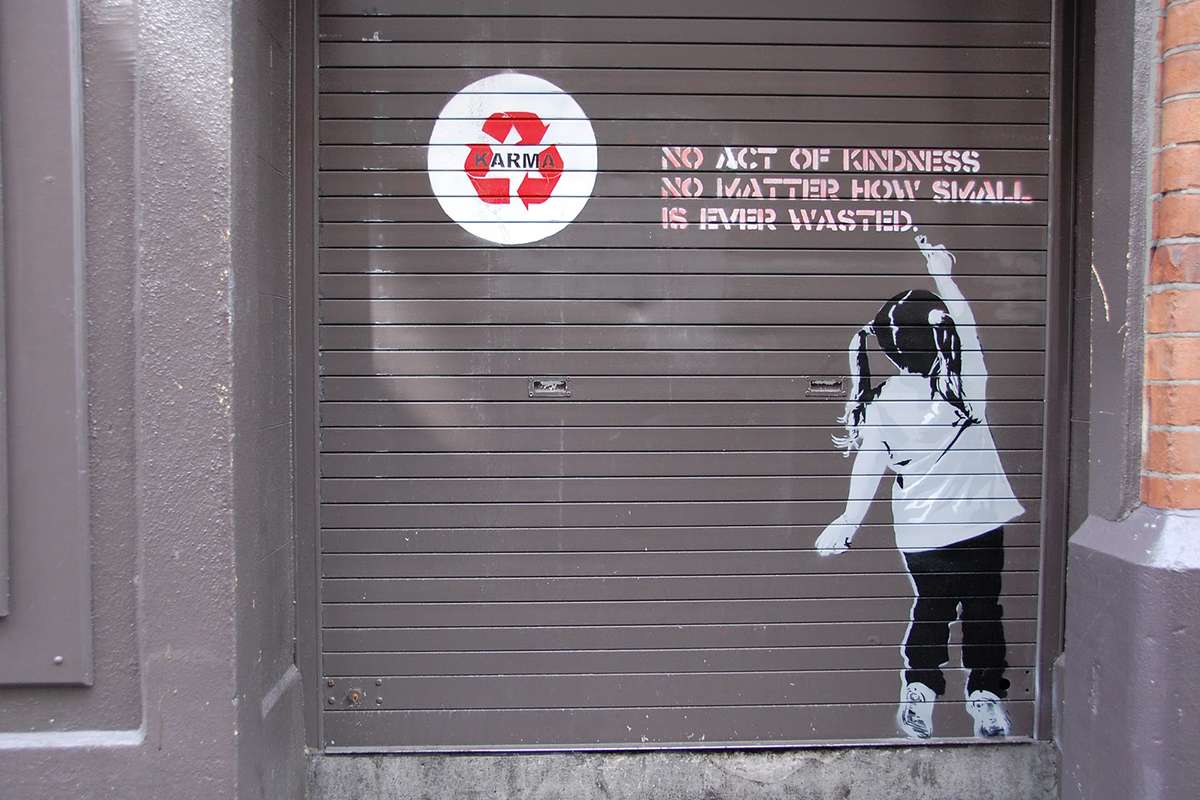The resentment about the EU’s lack of solidarity in responding to the Covid-19 emergency so far, may well plummet us even deeper in the vicious cycle of nationalism, or it could rather become an opportunity to unify the European people.
We will take one course or the other based on whether the response will be merely guided by governments – national states and their bureaucracies – or on the contrary, if it will propel the European citizens, who are now experiencing a monumental and collective tragedy, as the fundamental political players.
The first path currently unfolds by means of secret video calls (the works of the EU Council are not public) where each government representative typically tries to feather his own nest. As for the second way, nowadays appearing narrower and less viable, it must inevitably go through the venues of European democracy – starting from the gatherings of the European Parliament (alas, these ones are public!) – and by making use of the existing tools of civic participation. A timely example is the EU can do it petition, which is now ready to take signatures from all over Europe.
It proves useless to be moralist or self-pitying, or to compare the egotism of the “people of the North” with the courage and sacrifice of the Italians. There are neither innocent people nor guilty people here, however there definitely are adequate or inadequate decisions to tackle this crisis. Above all, it is the method that defines the outcome. As long as we remain locked in the (secretive) race between national interests, we will never be able to get over the bargaining logic by which no one gives anything for free, and where short-term consensus – motivated by fear of adverse national sentiments – prevails over a more long-term vision. In this sense, it would be useless and auto-absolving to ignore that Germany, the Netherlands and other northern European countries do not share a similar public debt burden as Italy does – a situation brought about by our own political establishment which was already unbearable before the crisis – and that of our economic immobilism, a circumstance also well known before the emergency. As long as such matters will be in the hands of our governments, it will be difficult to promote a comprehensive perspective, because we would remain in a zero-sum game, where someone’s gain will inevitably mean someone else’s loss.
Instead, it is the European women and men who are defined by common conditions and needs: assistance, treatments, sanitary equipment, economic support, reliable information, scientific research, vaccine and drug trials. This does not mean, of course, that the citizens of a state (but also of a region or district) aren’t defined by closer legal and institutional ties with other fellow citizens, than with the citizens of other territories. On the other hand, however, the tragedy we are living has unequivocally revealed how we are part of a common destiny. In Europe, this is something that hasn’t been felt for decades. It is not a coincidence that Europe’s political roots have been conceived after World War II (the Ventotene Manifesto) and have matured in the subsequent years. The scope of the wartime tragedy and that of the Holocaust was such that it prompted people to consider the necessity of a common perspective, to the point of considering themselves as Europeans, theoretically even before than politically. Today, something very similar may happen, with all the due differences.
The Eu can do it petition demands five urgent measures:
1- To provide a common and systemic EU response to the COVID-19 emergency;
2- To reform the health system and the tools of the EU Civil Protection Mechanism to respond to epidemics;
3- To implement all the economic, financial and monetary policy instruments in order to allow the EU to release the necessary resources and measures for the distribution of public debts, including the EU budget funds, which are to be boosted by a radical ecological conversion of the European taxation (along with speeding up the EU Green New Deal);
4- To transform the first phase of the Conference on the Future of Europe into a public assembly and to reshape its goals;
5- To contribute to a mechanism to prevent and respond to epidemics and pandemics.
The petition has been already submitted to the European Parliament; however, the ordinary procedure would take too long before the European Parliament could actually discuss it. For this reason, an urgent procedure could be activated by asking the related coordinators of the European political groups to skip some formal steps and have the PETI Committee discuss it earlier. Ideally, the petition should be discussed before the next extraordinary European Parliament plenary, which President Sassoli is inclined to call for on April 2nd in order not to stop the democratic process. We sent an open letter to the President of the European Parliament, David Sassoli, the Groups Presidents, and the coordinators of the groups in the PETI Commission to ask the activation of this urgent procedure.
Limiting oneself to cheer for Italy in the European (secret) meetings may make one proud, but it is useless. It is time to act as European citizens by making the most of the existing, yet weak and fragile, instruments of participatory democracy made available to us by the European law, while at the same time empowering and reforming them precisely by means of their activation. It is time to take back Europe and use it all the way for what is necessary.
***The Petition EU CAN DO IT had been officially submitted to the European Parliament on the 24th of March, and it’s already been supported by over 6,500 citizens across Europe. Sign and share it!

